This is a library for a generation that understands knowledge, values and ethics are the basis for the development of a more inclusive society
Teresa e Alexandre Soares dos Santos
This is a library for a generation that understands knowledge, values and ethics are the basis for the development of a more inclusive society
Teresa e Alexandre Soares dos Santos
Get the most out of Teresa e Alexandre Soares dos Santos Library. Navigate our library's book collection, subscribed databases and other useful links.
Explore our guidelines and insights on how to find valuable information for your research needs.
Open Access is free and unrestricted online access to publications: to read, download and re-use, subject to proper attribution. OA removes the paywall barrier to all those who do not have access to institutional or personal journal subscriptions, making the access free to the user.
To achieve green Open Access, the author uploads their accepted manuscript to the web and makes this file available for download. This enables the author to publish in a traditional journal while making their research more open by providing an additional, free route for users to discover and read the article.
This is possible if the author deposits their accepted (peer-reviewed) manuscript rather than the final, published version of the article. Institutional research repositories such as RUN facilitate green Open Access by giving researchers at the University a place to upload their research. Temporary embargoes may apply, where the publisher asks for access to be restricted for a fixed time after the date of publication. It is possible to apply these restrictions in RUN.
Pure is the central source of data about research outputs at Universidade Nova de Lisboa, so depositing details of your work in Pure informs other systems at the University, including RUN, about your activity without the need to duplicate information. Guidance on depositing to Pure is available here.
This is a way of making the version of record, the article as it appears on a journal’s webpage, freely available from the point of publication. Some journals make all their content freely available, while others offer a hybrid publication model, making some articles freely available to any user and others only available to subscribers. As there are no subscription or access fees, the cost of publication may be met by the publisher, particularly in the case of journals published by Universities or learning societies, or by the author. This fee, which varies across journals, is known as an article processing charge (APC) and is usually paid by the author’s institution or research funder.
Hybrid open access journals contain a mix of open access articles and closed access articles. A publisher following this model is partially funded by subscriptions and only provides open access for those individual articles for which the authors (or research sponsor) pay a publication fee (APC).
Journals that publish open access without charging authors article processing charges are sometimes referred to as diamond or platinum OA. Since they do not charge either readers or authors directly, such publishers often require funding from external sources such as academic institutions, learned societies, philanthropists or government grants. Source
“Illegal, or “black open access”, provides access to a large part of the pay‐walled article output which cannot be found in repositories”. The name was suggested by Björk in 2017 (Björk, B.‐C. (2017), Gold, green, and black open access. Learned Publishing, 30: 173-175.
“The payment of Article Processing Charges (APC’s) or other fees required by some publishers for publication in Open Access is an option of the researcher. Although this cost is considered eligible by FCT, APC payment is not a recommendation of FCT, since compliance with Open Access standards does not imply direct publishing in Open Access.” Source
Portugal and FCT’S position towards Plan S
European Commission – The EC has a Mandate on Open Access to Publications. Article 29.2 of the Model Grant Agreement sets out detailed legal requirements on open access to scientific publications: under Horizon 2020, each beneficiary must ensure open access to all peer-reviewed scientific publications relating to its results. Since any further rights – such as the right to copy, distribute, search, link, crawl and mine – make publications more useful, beneficiaries should make every effort to provide as many of these options as possible. Additional information
European Research Council (ERC) – Depending on the type of ERC grant and under what Work programme it was awarded, different rules related to Open Access and Research Data apply. Additional information
Although the dominant type of scientific publication is the journal article, Grant beneficiaries are also strongly encouraged to provide open access to other types of scientific publications including monographs, books, conference proceedings, grey literature (informally published written material not controlled by scientific publishers, e.g. reports).
Research funders often stipulate the use of particular licences when research is published in an Open Access format. Creative Commons licences are operative only when applied to material where copyright exists and work alongside traditional copyright. A Creative Commons licence makes it clear to the public how they may read, use and share your research. More information
Journals classified as ‘predatory’ in their practices charge publication fees to authors without providing the editorial or publishing services expected of an academic publisher. In many cases, this means that manuscripts are not peer-reviewed, articles appearing online may be plagiarised from other journals and listed members of editorial boards may not have any knowledge that their names are linked to the journal. Such journals commonly send spam email to potential authors, solicit submissions and request payment of Article Processing Charges (APCs). To help helps researchers identify trusted journals for their research we recommend the use of the “Think. Check. Submit” tool to help identify trusted journals.
Yes. As a B-on subscriber, the university can take advantage of a few discount schemes as long as the corresponding author is from Nova SBE. To know more go to b-on or ask the library team.
